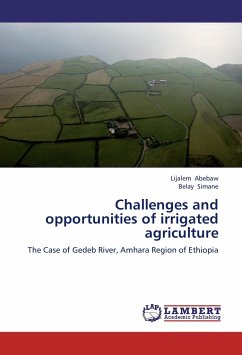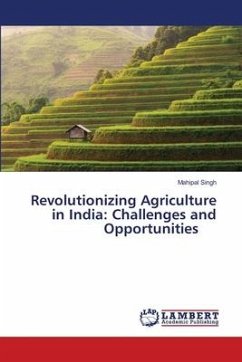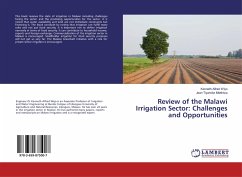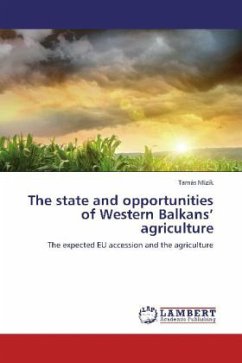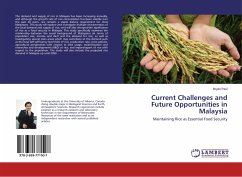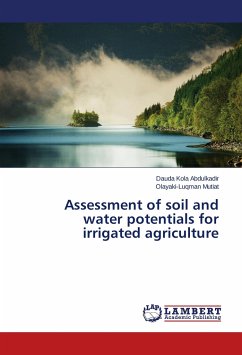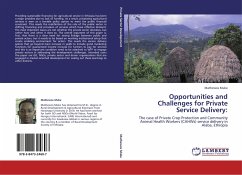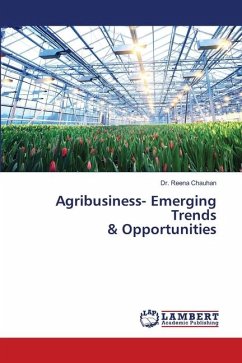This study aims at investigating the socioeconomic, institutional and biophysical challenges and opportunities of irrigated crop production in Gedeb River Catchment in Machakel Woreda, East Gojjam Zone, Amhara Region of Ethiopia. The finding of the study revealed that irrigated land holding size of farmers in middle catchment is greater than lower and upper which cause to diversify livelihood strategy of farmers in upper than lower catchment. Crop intensity in upper and middle is 200 percent per year. The extension service provided was inadequate and not packaged. Group collateral and complex bureaucracy of ACSI has constrained to improve crop production. The water governance mainly done by water users but interference by the government bodies aggravated water use conflicts. Streams drying during dry seasons, percolation and seepage of water were determinants of water availability. Irrigation creates employment opportunity and increase income of farmers. Therefore, policy makers and development practitioners should alleviate the constraints, and strength the opportunities.
Bitte wählen Sie Ihr Anliegen aus.
Rechnungen
Retourenschein anfordern
Bestellstatus
Storno

